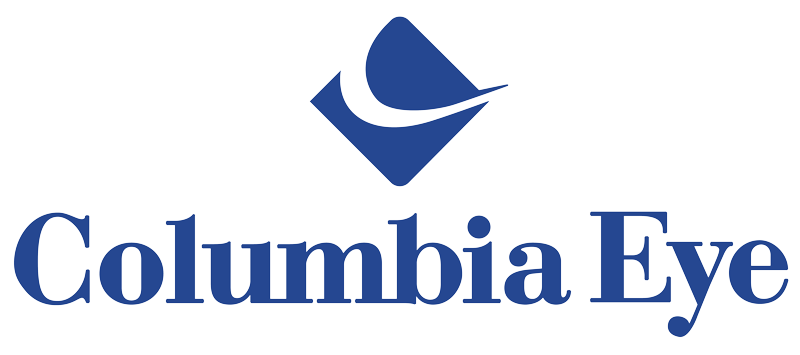Corrective Options for Age-Related Blurry Near Vision (Presbyopia)
 Nearly everyone, even those who have never had vision problems before, begin to experience blurry near vision around age 40. Each eye contains a lens, much like a camera lens, positioned right behind the pupil, that is elastic and attached to muscles so that its shape can be controlled. When one is young the changing shape of the lens allows one to focus from distance to near and back. As one ages the lens gradually loses elasticity and cannot continue to focus adequately on near objects. This process, called presbyopia, is natural and most adults struggle to find the best way to “work around” this problem.
Nearly everyone, even those who have never had vision problems before, begin to experience blurry near vision around age 40. Each eye contains a lens, much like a camera lens, positioned right behind the pupil, that is elastic and attached to muscles so that its shape can be controlled. When one is young the changing shape of the lens allows one to focus from distance to near and back. As one ages the lens gradually loses elasticity and cannot continue to focus adequately on near objects. This process, called presbyopia, is natural and most adults struggle to find the best way to “work around” this problem.
If presbyopia is your only vision deficit, reading glasses are probably all you need.
If you have other vision problems, there are many corrective options available. Bifocals have a prescription for distance in the top and near vision in the bottom. Trifocals have areas for distance, mid-range and near vision. Progressive lenses work like bifocals and trifocals but the prescription changes gradually from the top to bottom.
If you prefer to wear contact lenses, one option is monovision, wearing a near vision lens in one eye and a distance vision lens in the other eye. It does take some adjustment to train your brain to see using monovision and some people find they are unable to accurately judge speed and distance. A multifocal contact lens with rings or zones set at different powers is another option. Your eyes will select the right focus for near, intermediate and distance vision, however some people find their vision is less sharp than with a monofocal lens. You may find that a contact lens to correct distance vision plus reading glasses for close-up work is the best option.
rings or zones set at different powers is another option. Your eyes will select the right focus for near, intermediate and distance vision, however some people find their vision is less sharp than with a monofocal lens. You may find that a contact lens to correct distance vision plus reading glasses for close-up work is the best option.
Currently, there is no perfect surgical option for completely reversing presbyopia, though researchers continue to explore refractive procedures and even medications.
Candidates for cataract surgery can opt for monovision or multifocal lens replacements much like the corrective contact lens options described above.
Presbyopia progresses over time, so regular eye exams are important to keep you seeing your best.






 ANNOUNCING UPDATES TO OUR COVID-19 SAFETY PROTOCOLS
ANNOUNCING UPDATES TO OUR COVID-19 SAFETY PROTOCOLS